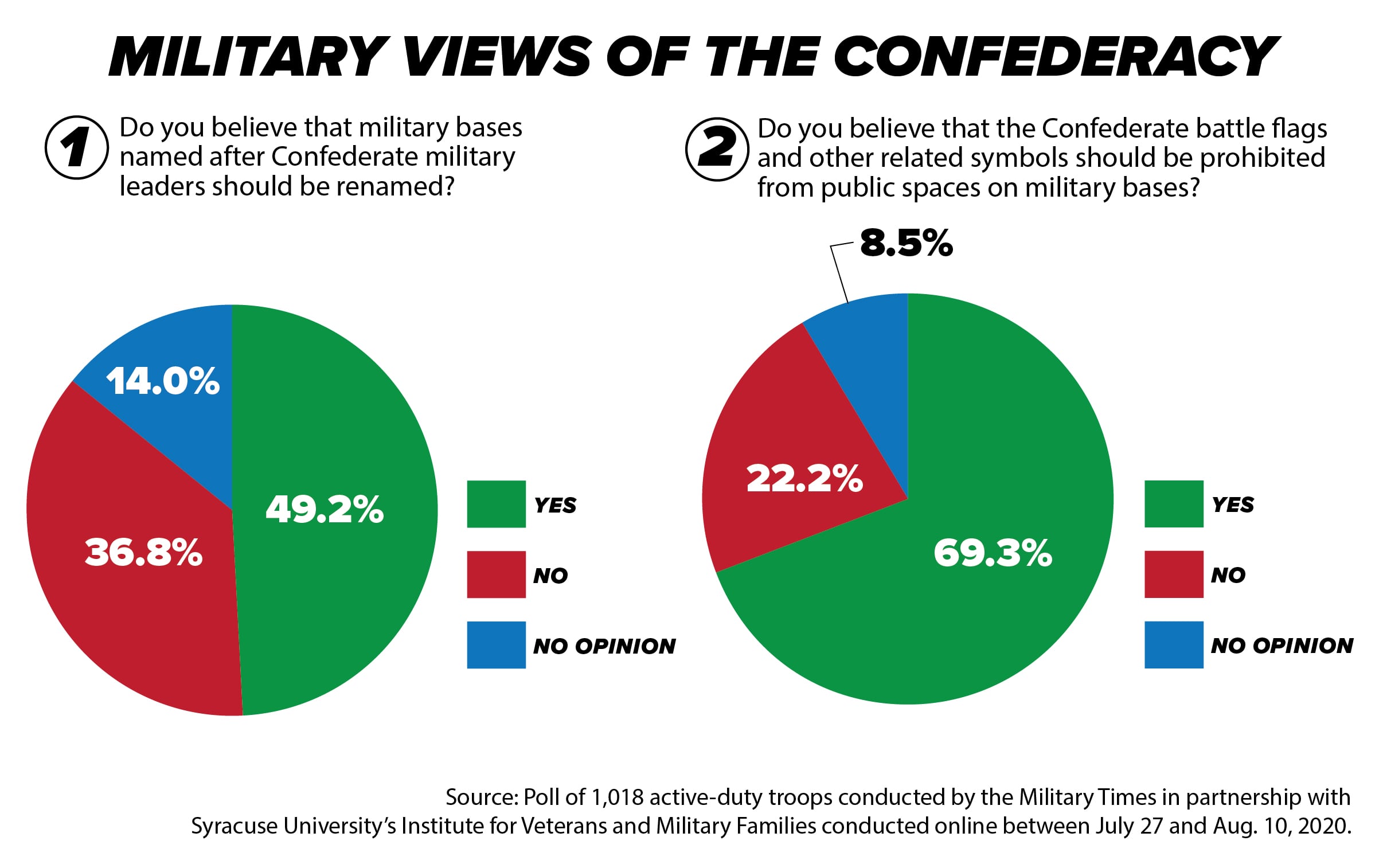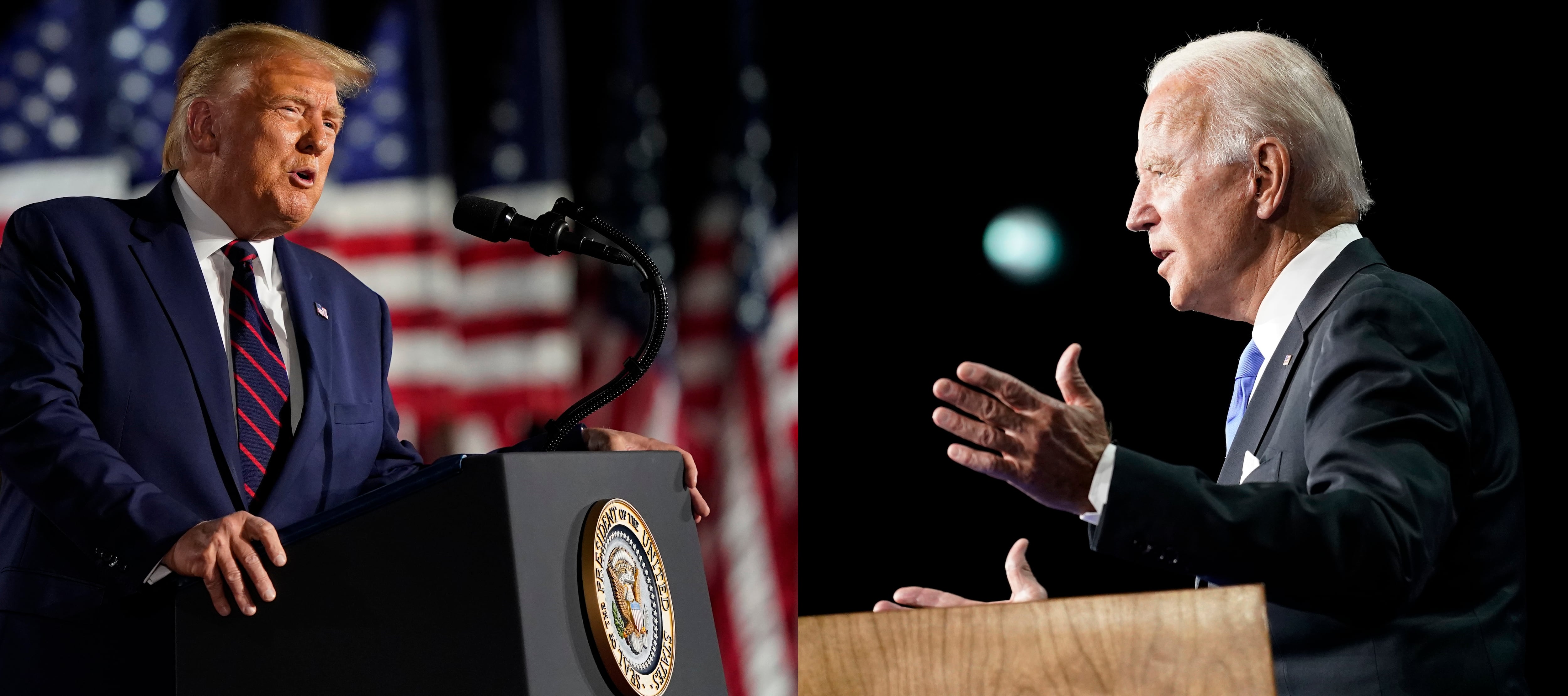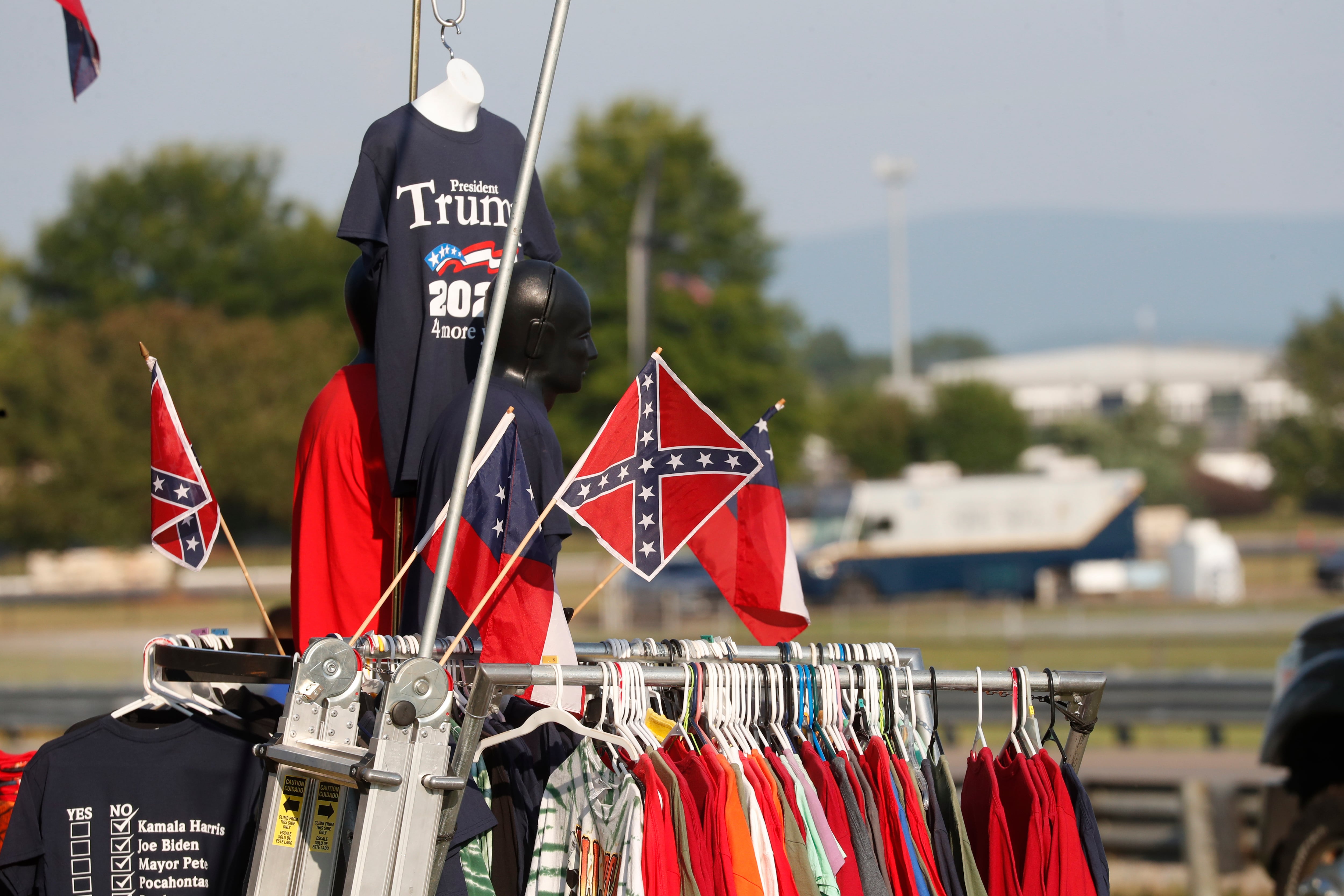Nearly half of service members surveyed in the latest Military Times Poll favored renaming military bases that honor Confederate leaders and a large majority favored banning Confederate symbols and paraphernalia from all Defense Department locations.
Those results stand in opposition to President Donald Trump, who has vowed to oppose any efforts to change base names out of fear the moves would damage the historic legacy of the sites.
In recent months, military leaders have struggled with solutions to the controversy surrounding facilities such as Fort Bragg in North Carolina, Fort Hood in Texas and Fort Benning in Georgia — all named for Confederate generals and seen by some activists as tributes to America’s pro-slavery past.

Service officials have moved to ban displays of the Confederate battle flag and other Confederate imagery from public spaces at bases, but slowed plans to evaluate the base names as Trump has publicly blasted the movement as political correctness gone wild.
At least 10 active-duty Army bases are named for Confederate leaders. Army officials began a review of steps needed to consider renaming those posts earlier this year, but the work was largely halted amid fighting over the issue between Congress and the White House.
The new poll, conducted in partnership with the Institute for Veterans and Military Families (IVMF) at Syracuse University, found more support for the flag ban than the base renaming plans.
RELATED

About 69 percent of active-duty respondents to the survey said that the flags and other Confederate related symbols should be prohibited in those public military spaces. Roughly 58 percent of all troops — and 71 percent of minority service members — said they strongly support the ban. Only about 22 percent opposed the idea.
“We have Confederate monuments on display at West Point, a portrait of Gen. [Robert E.] Lee and a slave on display in the library. I’m sure black students and faculty feel really welcomed there,” wrote one poll respondent.
Support for renaming bases wasn’t as strong, but the idea was still backed by 49 percent of poll participants. About 37 percent said they opposed the idea, with most of that group saying they were strongly opposed.
About one-third of all respondents said they saw signs of white supremacist or racist ideology in the ranks. Numerous service members cited support for and display of Confederate symbols as a sign of racist or white nationalist beliefs.
House and Senate lawmakers included language forcing both the banning of those symbols and the renaming of bases honoring Confederate leaders in their drafts of the annual defense authorization bill.
The measure is currently in final congressional negotiations, but several prominent lawmakers — including Senate Armed Services Committee Chairman Jim Inhofe, R-Okla. — have vowed to strip the language from the measure.
RELATED

Meanwhile, Trump has threatened to veto the legislation if it includes base renaming requirements, even if that means jeopardizing other military personnel and programming policies.
“When people proudly have their Confederate flags, they’re not talking about racism,” Trump said in a July 19 interview with Fox News. “They love their flag, it represents the south. I’d say it’s freedom of many things, but it’s freedom of speech.”
The Confederate names and flags controversies weren’t the only policy issues where troops broke with Trump in the latest poll.
Survey participants were dissatisfied with the president’s response to reports of Russian bounties on U.S. troops in Afghanistan (47 percent opposed to his response, versus 17 percent in favor), his suggestion that active-duty troops be used to quell civil unrest in U.S. cities (74 percent opposed, 22 percent in favor), and his plans to draw down U.S. military presence in Germany (72 percent want to keep it the same or increase it).
And officers who participated in the Military Times Poll were more likely to disagree with Trump on the Confederate symbol issues than enlisted personnel. Nearly 63 percent of officers backed renaming the bases named after Confederates, compared to only 45 percent of enlisted troops. Almost 77 percent favored the flag ban, compared to 67 percent of enlisted troops.
That split mirrors similar differences in the rest of the Military Times Poll, including that officers were more likely to have an unfavorable view of the president than enlisted personnel (59 percent to 47 percent).
RELATED

Our methodology
Between July 27 and Aug. 10, Military Times in collaboration with the Institute for Veterans and Military Families at Syracuse University conducted a voluntary, confidential online survey of U.S. service members. Poll participants are readers of Military Times publications whose military status is verified through official Defense Department email addresses.
The survey included about 30 questions on service members’ opinions related to the current political climate, policy and national security in the United States.
The survey received 1,018 responses from active-duty troops. The IVMF used standard methodology to weight the results according to the rank, gender and service branch of the actual U.S. military. The margin of error for most questions was less than 2 percent.
Like most studies where participation is voluntary, the poll’s sample is subject to self-selection bias. Researchers sought to account for that and adhered to generally accepted scientific practices analyzing the data.
The survey audience was 93 percent male and 7 percent female. The respondents identified themselves as 82 percent white, 5 percent Hispanic, 6 percent African American, 2 percent Asian and 6 percent other ethnicities. Respondents were able to select more than one race.
The Military Times and the researchers at IVMF have used identical methodologies for this survey since 2016.
Leo covers Congress, Veterans Affairs and the White House for Military Times. He has covered Washington, D.C. since 2004, focusing on military personnel and veterans policies. His work has earned numerous honors, including a 2009 Polk award, a 2010 National Headliner Award, the IAVA Leadership in Journalism award and the VFW News Media award.



